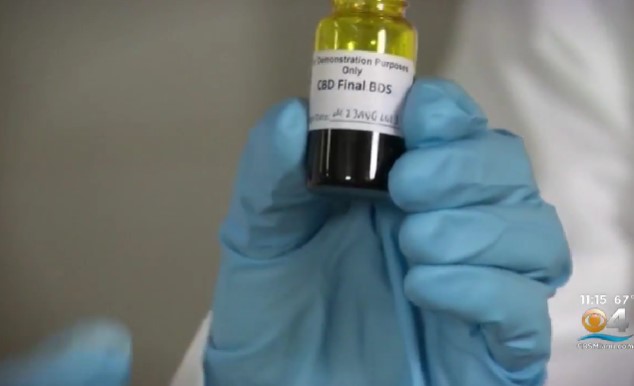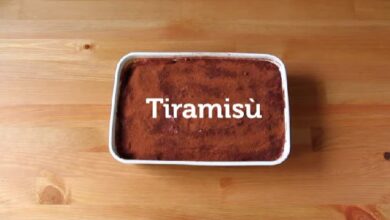Is CBD Halal
In recent years, CBD has surged in popularity for its potential health benefits. However, for many Muslims, the question remains: Is CBD halal? This article delves into the complexities of this question, examining what makes a substance halal or haram, the specifics of CBD, and how Muslims can ensure they are making permissible choices.
Introduction
CBD, or cannabidiol, is a compound found in the cannabis plant that has gained widespread attention for its therapeutic properties. Unlike THC (tetrahydrocannabinol), another compound found in cannabis, CBD does not have psychoactive effects. This means it does not cause the “high” associated with marijuana. As a result, many people are curious about its legality and, more importantly for Muslims, whether it is halal or haram. This article will explore the various aspects of CBD, including its production, use, and the perspectives of Islamic scholars on its permissibility.
Understanding Halal and Haram
In Islam, dietary laws are defined by what is halal (permissible) and haram (forbidden). For a substance to be considered halal, it must meet specific criteria:
- No Harmful Effects: The substance must not cause harm to the individual.
- No Intoxication: The substance should not induce intoxication or alter one’s state of mind.
- No Prohibited Ingredients: The substance must be free from ingredients that are explicitly prohibited in Islam.

CBD: Halal or Haram?
The Case for Halal CBD
Several arguments support the idea that CBD can be halal:
- Non-Intoxicating: Pure CBD does not cause intoxication, unlike THC. Therefore, it does not fall under the prohibition against intoxicants in Islam.
- Medicinal Benefits: CBD is often used for its therapeutic benefits, such as reducing anxiety, alleviating pain, and improving sleep. When prescribed by a qualified healthcare professional for legitimate medical reasons, its use may be permissible.
Concerns and Considerations
Despite the potential for CBD to be halal, there are several concerns that need to be addressed:
- THC Contamination: Even trace amounts of THC in CBD products can be problematic, as THC is intoxicating and haram. It is crucial to ensure that CBD products are THC-free.
- Production and Cross-Contamination: CBD products should be produced in facilities that do not handle haram substances to avoid cross-contamination.
- Ingredients: Some CBD products, like gummies, may contain gelatin or other haram ingredients. It is essential to check the product labels and choose those that are certified halal.
How to Ensure Your CBD is Halal
Certifications to Look For
When purchasing CBD products, look for halal certification from credible Islamic bodies. These certifications ensure that the product has been scrutinized and meets the strict standards of halal compliance.
Trusted Manufacturers
Choose products from manufacturers who have transparent and ethical practices. Reputable companies often provide detailed lab reports showing the absence of THC and other contaminants.
Consumer Responsibility
As a Muslim consumer, it is your responsibility to practice due diligence. Research the products thoroughly, check for halal certification, and consult with knowledgeable Islamic scholars if you have any doubts.

Frequently Asked Questions (FAQs)
What makes a substance halal or haram in Islam?
A substance is halal if it does not cause harm, does not intoxicate, and does not contain any prohibited ingredients. Conversely, a substance is haram if it causes harm, intoxicates, or contains prohibited ingredients.
Is all CBD halal?
Not all CBD products are halal. The permissibility depends on the absence of THC, the ingredients used, and the production process.
Can I use CBD for medical reasons?
Yes, if prescribed by a qualified healthcare professional and the product is free from haram substances, using CBD for medical reasons can be considered permissible.
How can I ensure the CBD product I buy is halal?
Look for halal certification, check the ingredient list for any haram substances, and research the manufacturer’s practices.
Is it haram to use CBD products that contain THC?
Yes, because THC is an intoxicating substance, its presence makes the product haram.
Are CBD edibles like gummies halal?
They can be halal if they are free from THC, gelatin, and other haram ingredients. Always check for halal certification.
Can Muslims use CBD oil in skincare products?
Yes, provided the CBD oil is free from THC and any other haram ingredients.
What should I do if I am unsure about the halal status of a CBD product?
Consult with a knowledgeable Islamic scholar or seek guidance from an Islamic body that certifies halal products.
Are there any reputable brands that sell halal-certified CBD products?
Yes, several brands offer halal-certified CBD products. Research and choose those with clear certifications and transparent practices.
Is it permissible to vape CBD?
This depends on whether the CBD used in the vape is free from THC and other haram substances. Additionally, some scholars discourage vaping due to its similarity to smoking.
Can I trust all halal certifications?
Not all certifications are equal. Look for certifications from reputable and recognized Islamic bodies.
Are there any specific extraction methods for halal CBD?
Yes, extraction methods should not involve haram solvents or processes. CO2 extraction is a common and acceptable method.
Can I use CBD if it’s not for medicinal purposes?
Non-medicinal use of CBD is permissible as long as it is free from THC and haram ingredients and does not cause harm.
What are the benefits of using halal CBD?
Halal CBD can offer various health benefits such as pain relief, reduced anxiety, and improved sleep without compromising Islamic dietary laws.
Where can I buy halal-certified CBD products?
You can find halal-certified CBD products online and in stores that specialize in halal goods. Always verify the certification and the reputation of the seller.
Conclusion
Navigating the world of CBD and ensuring compliance with Islamic dietary laws can be challenging. However, by understanding what makes a substance halal or haram, practicing due diligence, and choosing certified products from reputable manufacturers, Muslim consumers can confidently incorporate CBD into their wellness routines. Always consult with Islamic scholars if you have any doubts, and prioritize products that are transparent about their ingredients and production processes.





